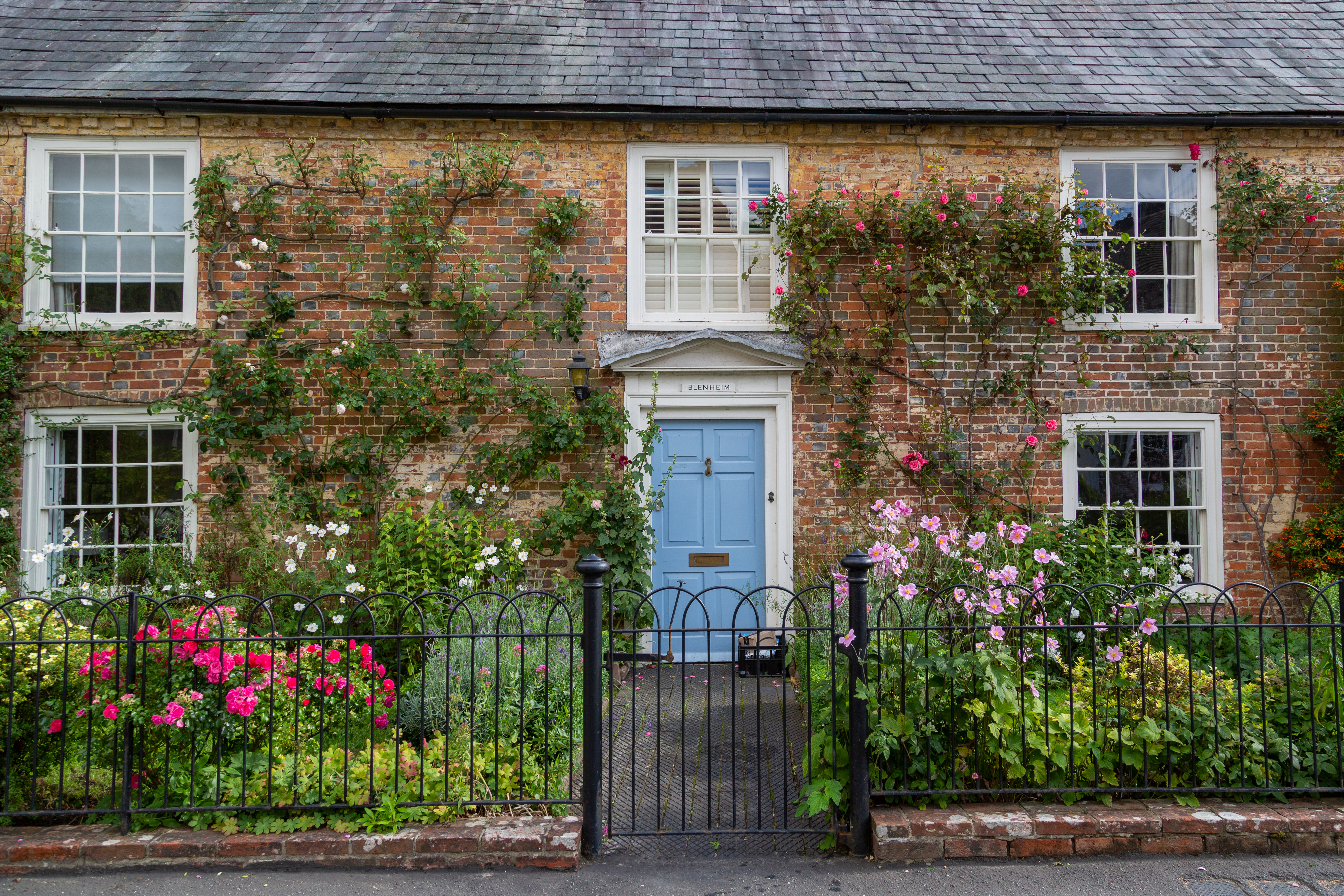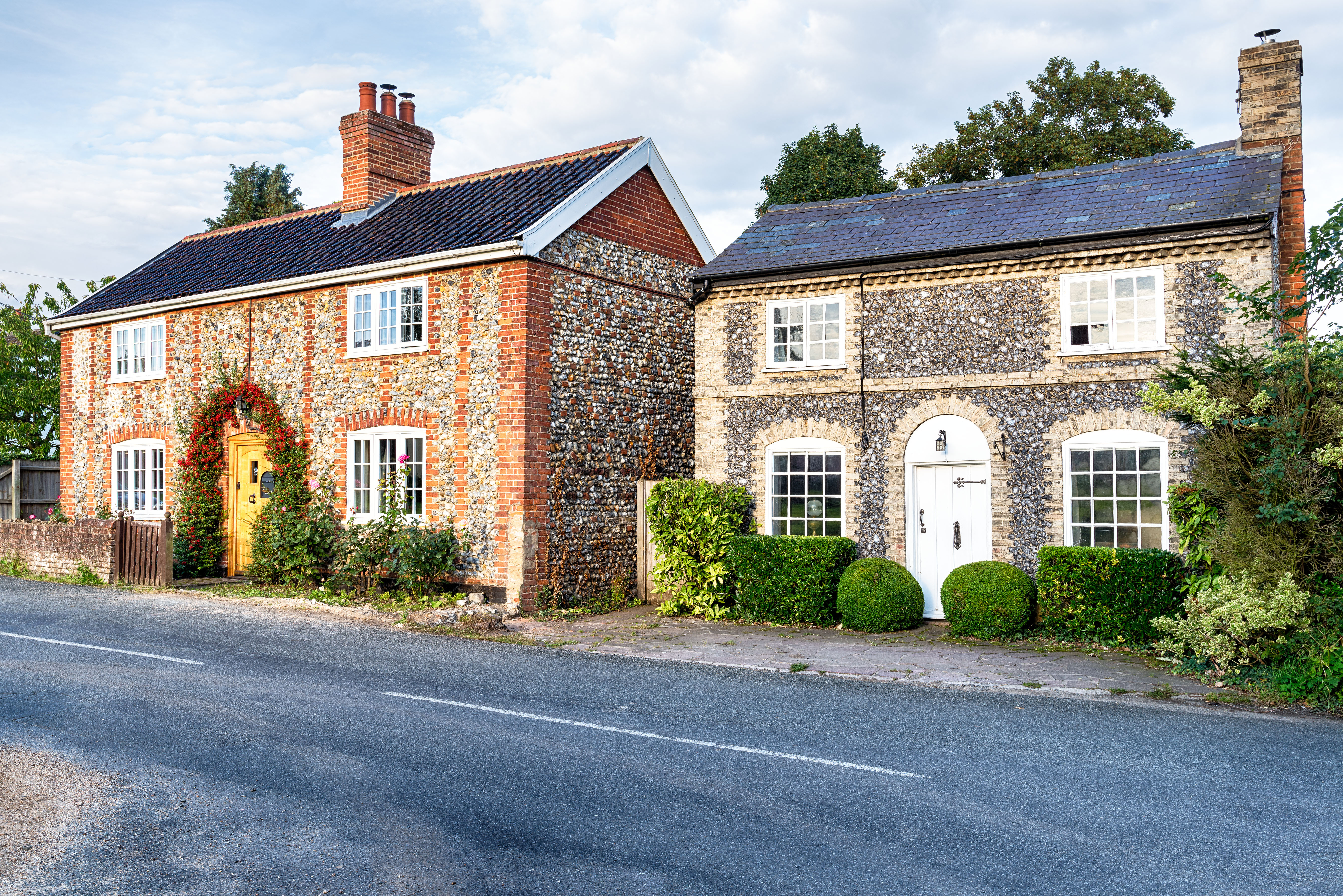Lettings
- Letting
- Properties for Rent
- View Shortlist
- Guidance For Landlords & Agents
- Guidance For Tenants
- Landlord Fees
- Tenant Fees
- Complaints
Posted on: Thursday, January 28, 2021
To put it simply, buying a home often boils down to the price. There are a few ways you can quickly identify properties which are overpriced, and this knowledge will put you in a better position when you are looking to buy. It could be a refreshing change to find that a property you love is actually overpriced, and not just completely out of your budget. Read on to discover how to spot an overpriced house.
Typically, the first month on the market is when a property gets the most action. When the flurry of activity dies down and the property has been for sale for six months, it can become stale. An often-quoted statistic is if a home has been on the market for 60 days or more, the chances are it’s not priced correctly. Although, it is worth noting that high-end homes are often on sale for a longer period.

Emotional overpricing is a serious possibility. The love and investment we put into our homes feels like it should be rewarded. A home that is priced according to home improvements and amenities is unlikely to be accurate, especially if the owner is insisting on selling at a price which is based upon their monetary investments to the property, rather than on the value they have added. If this is the case in reverse, a home in poor condition which is trying to match the price of properties with a high-quality finish on the street is also likely to be overpriced.

If the property next door is worth a fraction of the home for sale something is amiss. House prices should be, within reason, comparable. Take a look at current listings and recently sold properties; this should give you a realistic view of the local market as what houses are listed at isn’t always what they sell for.

Location is everything. This is an extension of evaluating the local neighbourhood in some ways, but houses with a similar footprint will be valued differently according to location. A less desirable part of town is not going to achieve the same selling price as one on the trendiest street in town.

Essentially, something that is overpriced won’t sell – but that can also be an opportunity. If there have been no offers and a property has been on the market for a couple of months, it is worth making a lower offer. There is no need to make an insulting offer, but with a justified figure you may get lucky!
Searching for your next home? Read our eight rules for buying property and our guide to finding your next home.
Looking to sell your property and start your search for your next dream home? Get in touch with your local Guild agent today.